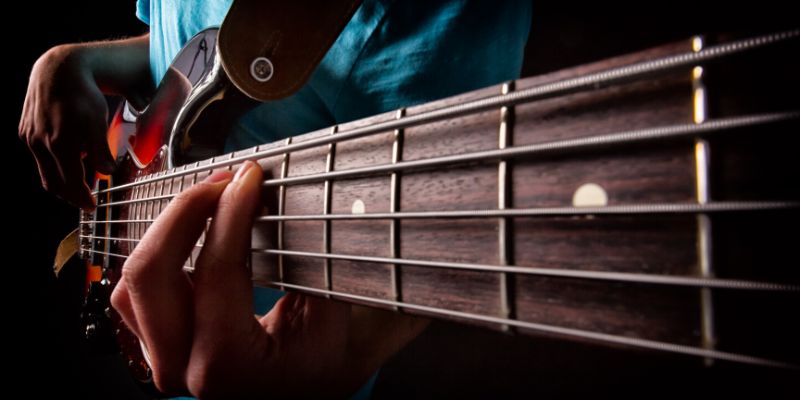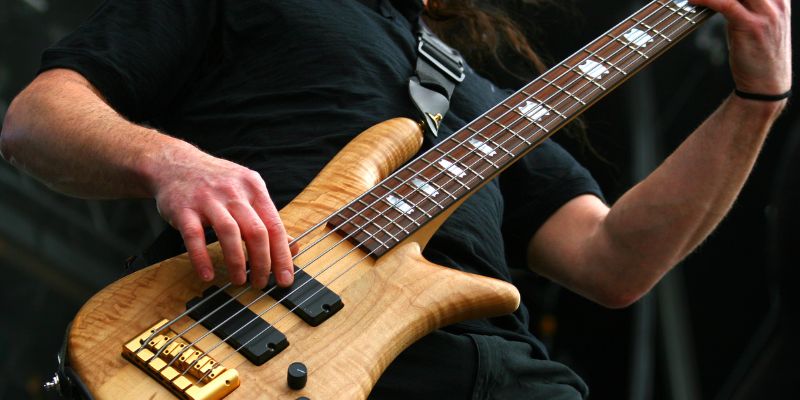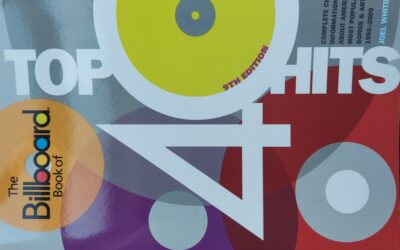If the guitar is the popular, good-looking kid who hangs out with all the cool kids in school, the bass guitar or just ‘bass’ is the low-key, younger sibling that people just don’t know as well. Sure, everyone knows they’re related, but for some reason the guitar is just way more well-known. Sometimes, the bass is brought up in conversation as a way to show one’s expertise in music: “can’t you hear the bass in this song, bro? Maybe you should get better headphones”.
Apart from the two extra strings, what does the guitar even have on its lower-frequency counterpart, anyway? If the bass really is the “backbone” of a song, why is it less popular? It’s not like the bass is used less in music either: in pretty much every genre of music, whether it’s pop, jazz, rock or hip-hop, the bass is still as important as ever. School anecdotes aside, let’s take a look at some possible reasons why the bass flies under the radar.

‘Bass’ Can Mean Different Things
First, let’s talk about what we mean by the “bass” in a song. Are we talking about the instrument, or simply the sounds that occupy the lower frequencies of the song ? The reason this is important is because while some modern styles of music like pop and electronic make use of bass in their songs, it may not be played by an actual bass guitar. Instead, the low end is in many cases filled up with a synth bass, or bass played on a keyboard/synthesizer. This also means that bass sounds, like many other instruments, have acquired more electronic and artificial textures. Of course, this isn’t a bad thing: in genres like trance or deep house, the bass is often one of the more dominant aspects of the song, but is almost always played on a synth bass to create low-end dynamics that are more suited to the style of music being played. This could mean that even though the bass guitar by itself is less utilised in some styles of music, “bass” itself is still alive and thriving.
There are always exceptions, however: Dua Lipa’s hit song “Don’t Start Now” from her Future Nostalgia album is a great example of how an actual bass guitar can still be used to create a catchy-as-hell bassline that has become the core of a hugely popular song.
What About Genres Where Bass Guitars Are Used?
In rock or punk music, the bass is sometimes overshadowed because it tends to play only the root notes of a song while the fancier riffs and licks are reserved for other instruments. Once again, there are always exceptions—have you seen what Flea does with his bass for the Red Hot Chili Peppers? In jazz and orchestra music, the upright bass has been a popular choice to thump away at those low-end notes – but electric bass has also been used to great effect. Check out players like Jaco Pastorius, Stanley Clarke and so on. So, even though the bass in instrument form is still crucial for many kinds of music, why is it still overlooked? Here are some more scientific reasons:
Some Technical Explanations
At lower frequencies, it’s harder to differentiate pitch than at higher frequencies. On top of that, the bass also has to contend with instruments or vocals at higher frequencies, so it’s easy for it to get lost in the mix of a song. and Pop or rock songs with less complicated bass parts are usually simpler because they go a long way in creating the “feel” of a song. Since beats and rhythms are so acutely picked up on by people listening to a song, the bass shines in creating the structure for more noticeable elements, making guitars and vocals sound even better.
A fail-safe way of making the bass work in a song (especially in genres like hip-hop) is to match it with what the drums are doing. More specifically, it’s usually the kick drum and bass that are paired up to double up on the oomph effect coming from the lower end of the mix. Even if the bass doesn’t exactly replicate the drums, they’re usually put together in a way that they’re always bouncing off of each other to keep the song groovy. In these cases, it might be harder to hear the bass because it’s so closely tied up with the percussion and isn’t entirely independent like the guitar or vocals might be.
To Sum Up…
The bass hasn’t been left behind by modern music, even though its relative lack of popularity compared to lead instruments might suggest. On the contrary, it’s still very much everywhere we look for music. Although its form may have shifted to more digital forms like the synth-bass, the “bass” itself is just as prevalent as before. There seems to be a never-ending supply of guitarists, so why not pick up a bass instead? As ‘cat’ bass player Nathan East (who plays and tours regularly with the likes of Eric Clapton and others) says, “the bassist always has the best seat in the house!”
Rock
Geddy Lee (Rush)
Sting (The Police)
Pino Palladino (John Mayer Trio)
Jazz
Charles Mingus
Metal
John Myung (Dream Theatre)
Funk
Bootsy Collins




